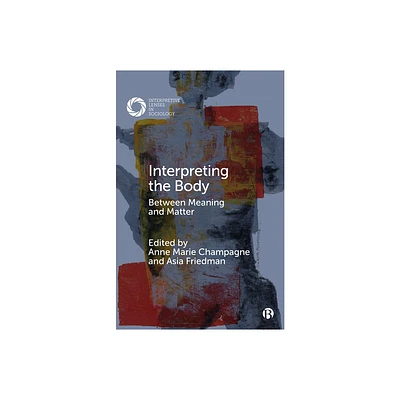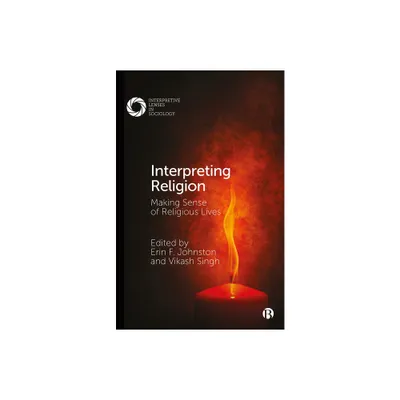Home
I-Sight: The World of Rastafari: An Interpretive Sociological Account of Rastafarian Ethics
Loading Inventory...
Barnes and Noble
I-Sight: The World of Rastafari: An Interpretive Sociological Account of Rastafarian Ethics
Current price: $150.00


Barnes and Noble
I-Sight: The World of Rastafari: An Interpretive Sociological Account of Rastafarian Ethics
Current price: $150.00
Loading Inventory...
Size: OS
*Product Information may vary - to confirm product availability, pricing, and additional information please contact Barnes and Noble
Rastafari is one of the most significant yet least understood new religious movements in the twentieth century. Originating in Jamaica in the 1930s, it has evolved into a popular international phenomenon. Yet scholars have continued to view Rastafari in a marginal way as an other-worldly, fragile, or avant-garde social emergent. This book argues, rather, that Rastafari represents a transformative consciousness of "I-Sight" which is paradigmatic of a new social ethic. This ethic reflects a distinctive self-understanding (
I-n-I
), lifestyle (
livity
), and center of value (
Ethiopia
).The author is the first researcher to interpret Rasta poetry and song lyrics in relation to systematically constructed concepts of Jamaican religion and culture. Analyzing the meaning of key symbols in a wide cross-section of dub and other Rasta poetic expressions in the past quarter century, he explains many of the ambiguities and inconsistencies in the previous scholarship on Rastafari.As an interpretive sociological account of Rastafarian ethics, the book should be of interest to students and scholars in cultural analysis, Caribbean Studies, new religious movements and ethics, as well as students of English literature and aesthetics.
I-n-I
), lifestyle (
livity
), and center of value (
Ethiopia
).The author is the first researcher to interpret Rasta poetry and song lyrics in relation to systematically constructed concepts of Jamaican religion and culture. Analyzing the meaning of key symbols in a wide cross-section of dub and other Rasta poetic expressions in the past quarter century, he explains many of the ambiguities and inconsistencies in the previous scholarship on Rastafari.As an interpretive sociological account of Rastafarian ethics, the book should be of interest to students and scholars in cultural analysis, Caribbean Studies, new religious movements and ethics, as well as students of English literature and aesthetics.


















